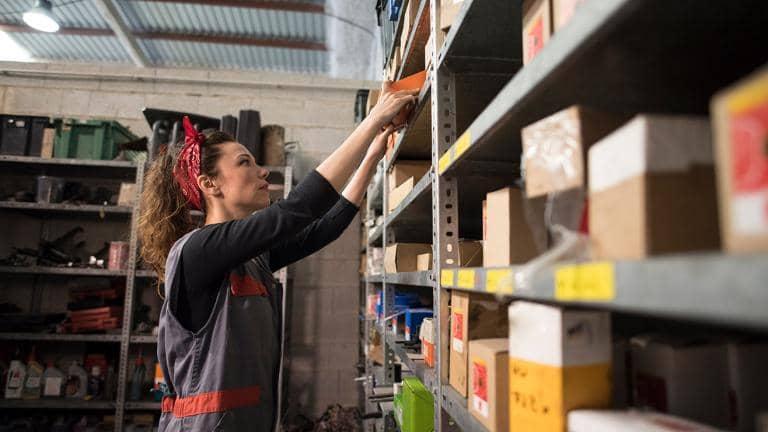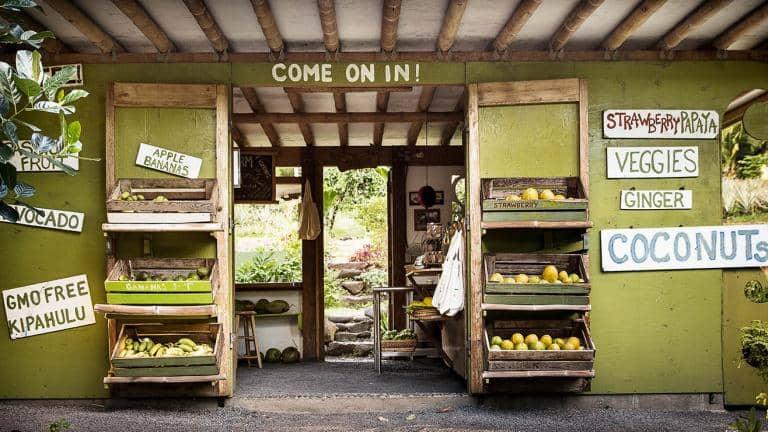Smaller businesses usually don’t have the luxury of sending people to scope out different countries for long periods of time. Whilst it’s important for owners to do their homework in order to achieve their ambitions overseas, sometimes it can simply be a question of taking the plunge and learning from your mistakes.
Although small and growing businesses can lack resources, they have flexibility on their side, allowing them to adapt to new situations more easily.
Jochem Kroezen, lecturer at Cambridge Judge Business School, says being small is often seen as a constraining factor, but it can be a big advantage over larger, more established and less nimble business.
“Entrepreneurs’ biggest asset is their flexibility and learning mentality. The little guy often beats the big guy in new markets because they can be creative, courageous and curious.”
However, before embarking on overseas expansion, smaller companies may need to make sure their UK business can withstand the pressure and that they’re not neglecting their existing customers in the home market.
Building bridges
Jochem says that a lot of business people overestimate how globalised the world is, and underestimate differences in culture and business practices. “The success of any business overseas will be intertwined with local businesses.”
Simon Clark, Chairman of Lumsden Design, a worldwide visitor attraction design company, agrees that it’s important to be aware of the effects of cultural differences when branching out abroad.
Knowing about local business regulations and cultural practices can be helpful, as well as having someone to call on who speaks the local language where necessary. While it’s impossible to predict everything, businesses looking at new markets also need to understand the basics, such as customs duties and taxes, and where to go for advice on the country in question.
“Investing time and energy in understanding the culture and getting to know the people you’ll be doing business with is vital,” says Simon. “The gestation period for awarding a new contract for example can vary dramatically between, say, China and the US.”
Making the most of established overseas networks can really help businesses get their foot in the door in new territories. Simon says the Department for International Trade (DIT) was pivotal to Lumsden’s overseas expansion. “They’re great for making contacts in new markets. They invited us to speak at their conventions in Dubai and Russia, and after that we started to be taken seriously in those countries.”
Adapt and thrive
Simon Riley, co-founder of Quality Bearings Online, an e-commerce-based distributor of ball bearings and engineering spares, explains that when the business started, the aim was to disrupt the UK bearing market, but they soon realised its full growth potential lay overseas.
“The demand was obviously there. As an e-commerce business we had lots of data, which we used to identify key markets and test our business model. We rebuilt our website, changing things like enabling multiple currencies and adapting for different cultural observations, to help us target particular markets.”
Simon says that getting key partners, such as logistics suppliers, on board at an early stage has been key to a successful expansion. “We said to them: ‘this is our plan, this is what we think we’ll be turning over and this should be the business you’ll get. But we’ll need your support.’ 99% of them got behind us and they’re still with us today.”
Dealing with different time zones has been a key challenge for the company, particularly in their key US market. “We have a very short period to get things done as our parts are usually for breakdowns. We’ve got to be fleet of foot or our customers will go elsewhere. It’s been a matter of juggling and focusing on the right thing at the right time.”
To address the time zone issue, the company has now opened an office in San Diego and has already seen a huge improvement in service levels from being physically based in the country.
Self-belief
Confidence in her business against the odds has been behind the success of entrepreneur Fran Bishop, founder of high-end children’s retailer Pud, which now has three stores. A semi-finalist in BBC One's The Apprentice, she was fired by Lord Sugar after being told her business was unscalable.
Undeterred, she has spent the past two years getting her business into a position where it was ready to scale-up. At the end of 2017 she looked to diversify her suppliers internationally.
“Retail is all about margins,” says Fran. “There were wholesalers that were importing goods that I wanted in my shops but I knew that my mark-up was too low.”
Realising she could source the goods she wanted at prices she could afford in Istanbul, she booked a flight and went armed with just a list of factory addresses.
“I got in a taxi and rocked up at a factory where I knew a big designer brand was manufacturing clothes with huge margins,” recalls Fran. “I had no meetings arranged; I just knocked on the door and told them what I wanted to do. I put in a small order and amazingly they delivered to my door in the UK the next day. Nine months later we’re doing some great business over there.”
Fran believes it’s been vital for her to meet her suppliers personally and develop trust to help overcome cultural and language barriers. “It’s important to be yourself so your suppliers know exactly what they’re getting. I tell them what I want to achieve so I don’t over or under-promise. There’s got to be transparency or trust can break down.”
The consensus among these experts is that international expansion shouldn’t be seen as a completely rational or linear process that you can plan to the nth degree. “Just go for it. Feel the fear and do it anyway,” says Fran.
“The world is a messy place. You can research as much as you want but you’ll almost certainly make mistakes,” adds Jochem. “You can only learn and improve once you’re there. It’s important to keep learning and don’t give up – revise, refine and resubmit.”



